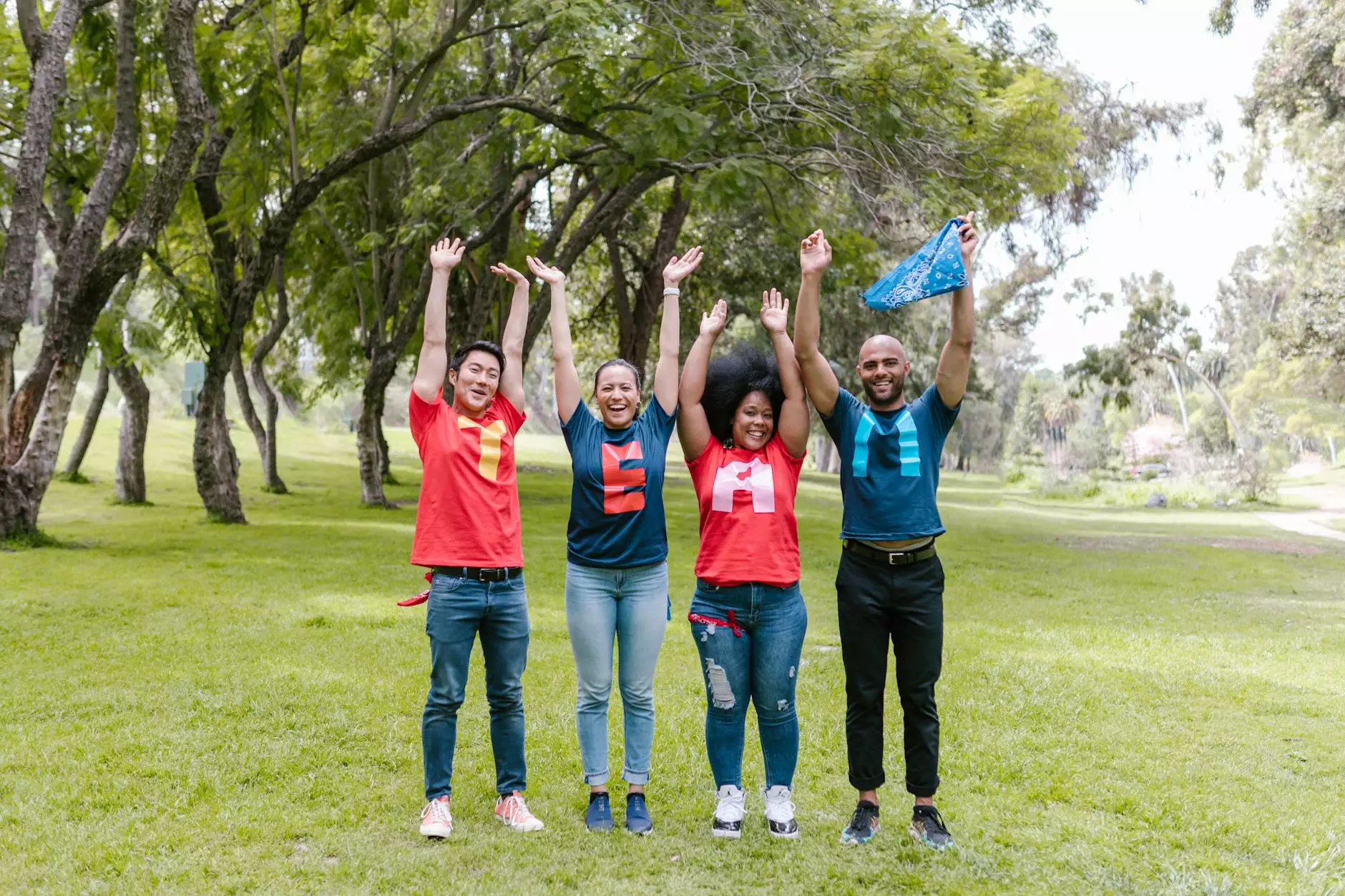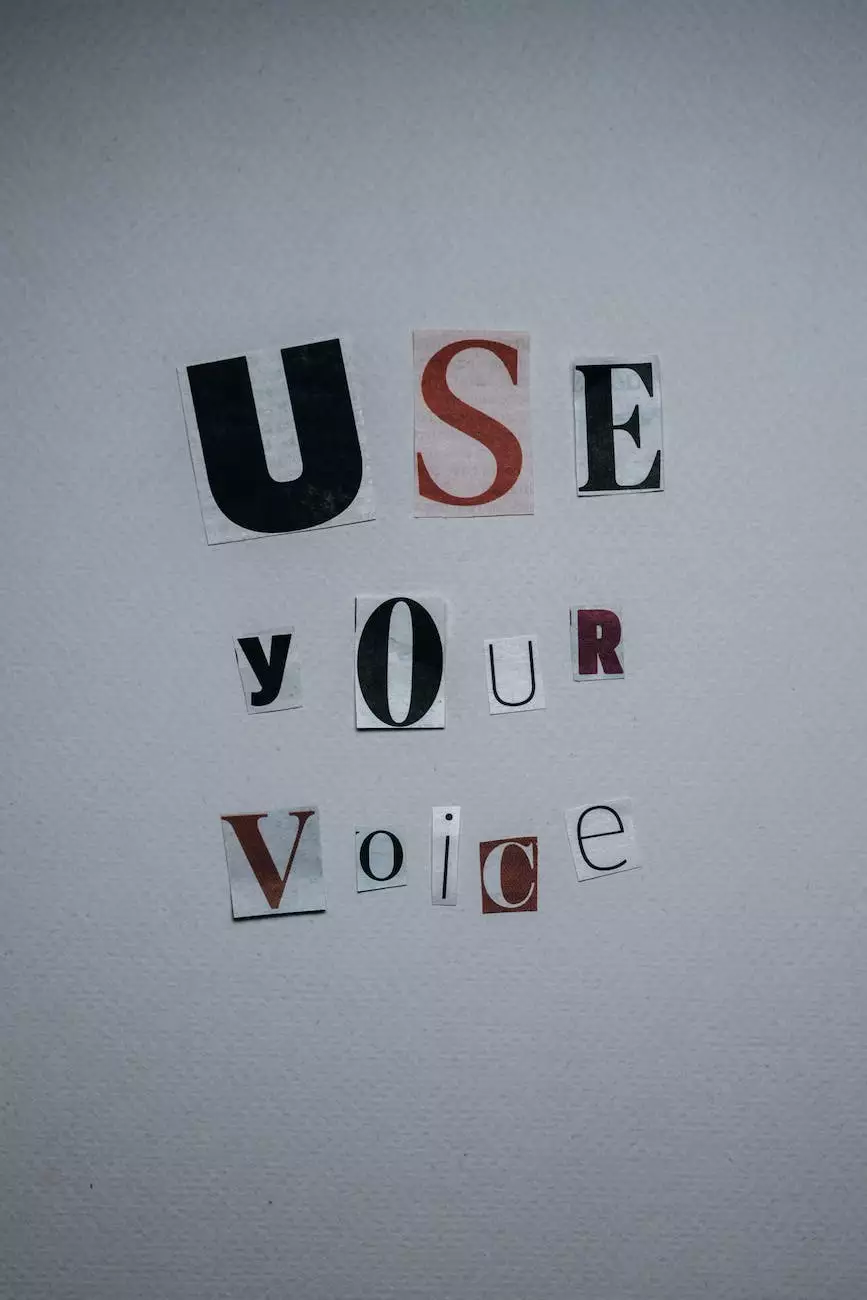How Educators Can Move from Culturally Responsive to Culturally Sustaining
Blog
Introduction
Welcome to Butterflies R Us Mobile Training, a leading provider of professional development services for educators. In today's diverse classrooms, it is crucial for educators to go beyond being culturally responsive and aim to become culturally sustaining. In this article, we will explore the importance of this transition and how Butterflies R Us Mobile Training can assist educators in achieving it.
Understanding Cultural Responsiveness
Cultural responsiveness is an essential first step towards creating inclusive learning environments. It involves recognizing and valuing diversity by integrating students' cultural experiences, backgrounds, and perspectives in teaching practices. Culturally responsive educators actively seek to bridge the gaps between students' cultures and the classroom, providing opportunities for all students to succeed.
However, being culturally responsive is just the beginning. Educators must strive to deepen their understanding and move towards a more comprehensive approach known as cultural sustainability.
The Shift to Cultural Sustainability
Cultural sustainability takes cultural responsiveness to a higher level. It goes beyond acknowledging diversity and focuses on sustaining the cultural identities of all students to create inclusive and equitable learning environments. This approach helps students thrive academically, socially, and emotionally.
By embracing cultural sustainability, educators actively work towards dismantling systems of oppression and ensuring that all students' cultural backgrounds are valued and supported. It enables educators to develop a deep sense of cultural competence, which is crucial in delivering effective and meaningful instruction.
Developing Cultural Competence
At Butterflies R Us Mobile Training, we understand the importance of developing cultural competence in educators. Our comprehensive training programs are designed to equip educators with the knowledge, skills, and strategies needed to navigate cultural differences in the classroom effectively.
Through our workshops and seminars, educators learn about different cultures, histories, and perspectives, enabling them to create a more inclusive and respectful learning environment. We provide practical tools and resources that promote cultural understanding, empathy, and collaboration among students.
Our experienced trainers share research-based best practices and facilitate meaningful discussions to help educators reflect on their own cultural biases and assumptions. We believe that self-reflection is a critical component of developing cultural competence and fostering an environment of continuous growth and improvement.
Creating Inclusive Learning Environments
Inclusive learning environments are essential for ensuring all students have equal opportunities to thrive. Culturally sustaining educators actively cultivate an atmosphere of respect, appreciation, and celebration of diversity.
At Butterflies R Us Mobile Training, we offer hands-on strategies for creating inclusive learning environments. Our training programs emphasize the importance of student-centered instruction, flexible teaching approaches, and culturally relevant curriculum content.
By tailoring instructional methods to meet the diverse needs of students, educators can effectively engage all learners in meaningful ways. Through our training, educators gain the tools they need to create welcoming and affirming spaces where all students feel valued.
Conclusion
The transition from being culturally responsive to becoming culturally sustaining is imperative for educators who strive to create inclusive learning environments. At Butterflies R Us Mobile Training, we are committed to supporting educators in this journey. Our comprehensive training programs equip educators with the necessary skills, knowledge, and strategies to develop cultural competence and foster inclusive classrooms.
Join us at Butterflies R Us Mobile Training and take the first step towards becoming a culturally sustaining educator. Together, we can empower students, celebrate diversity, and create a more equitable future.










